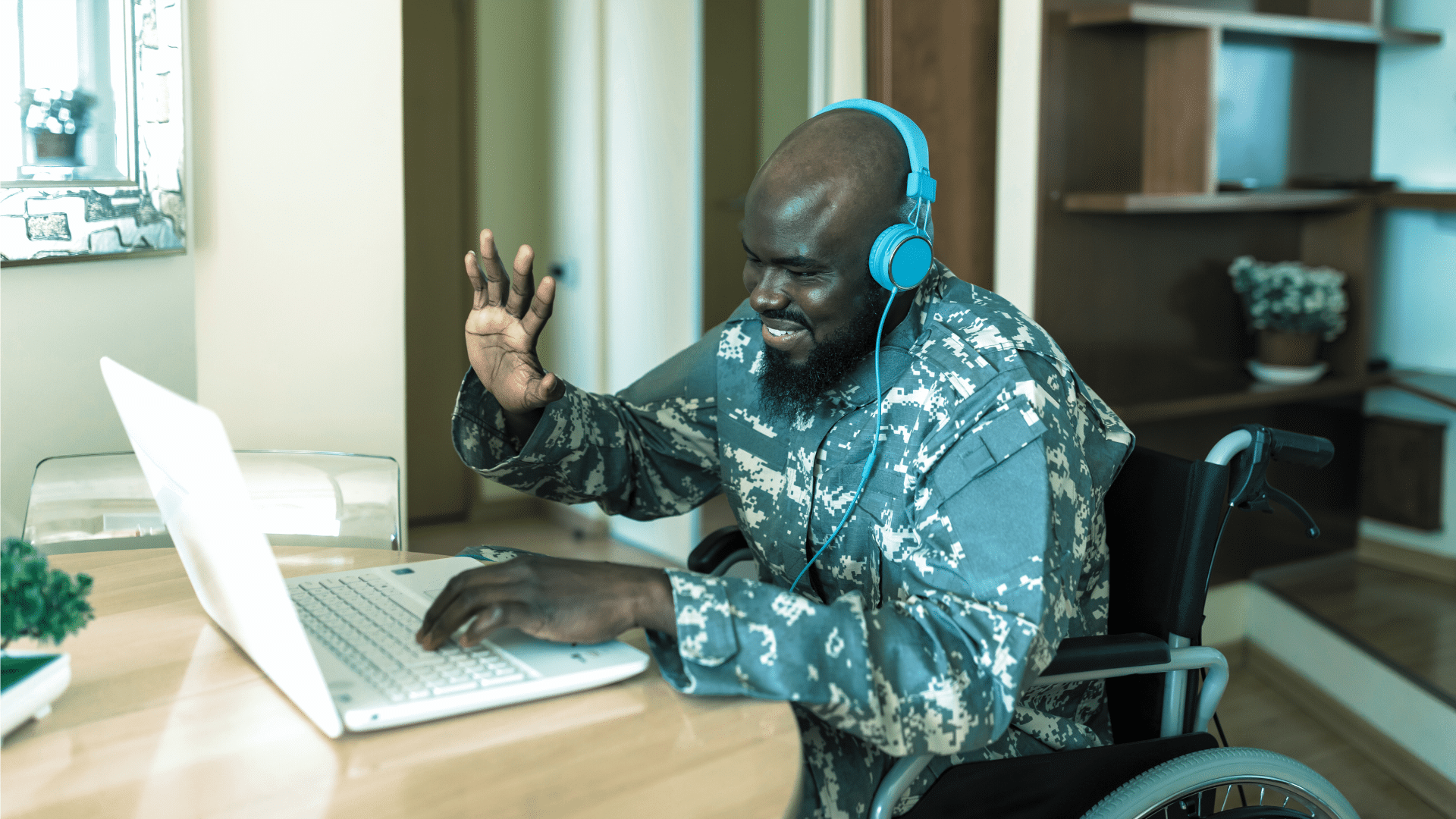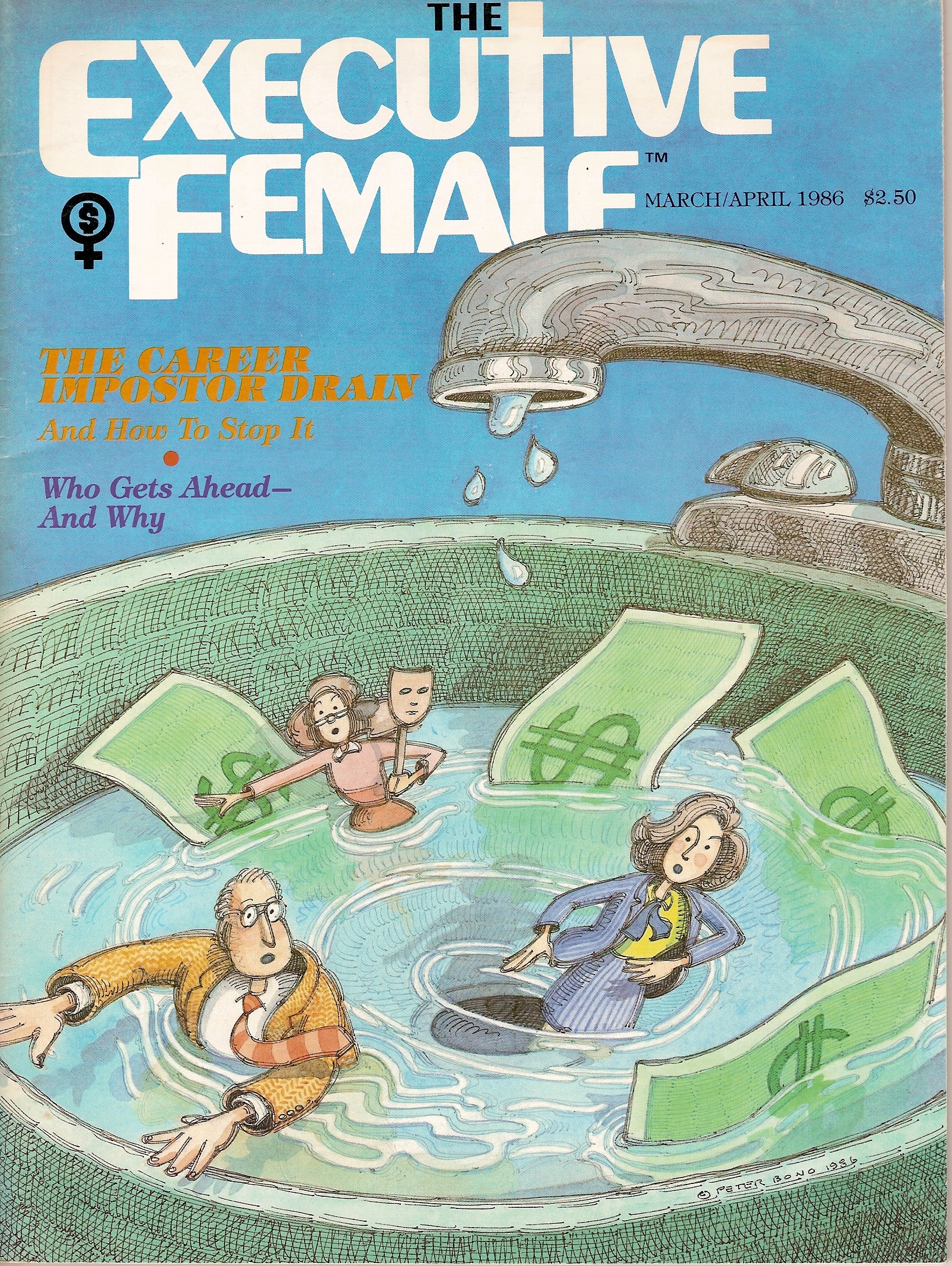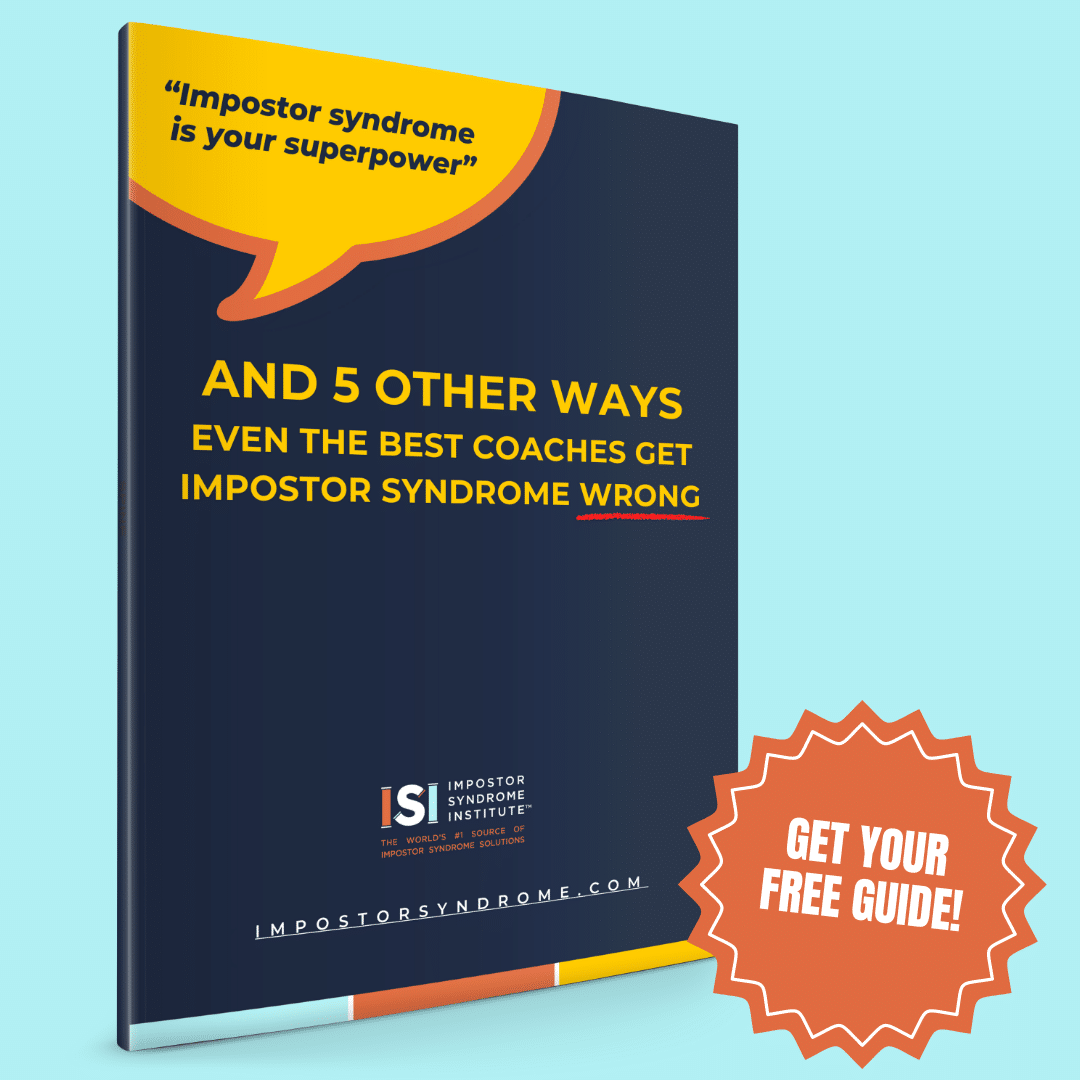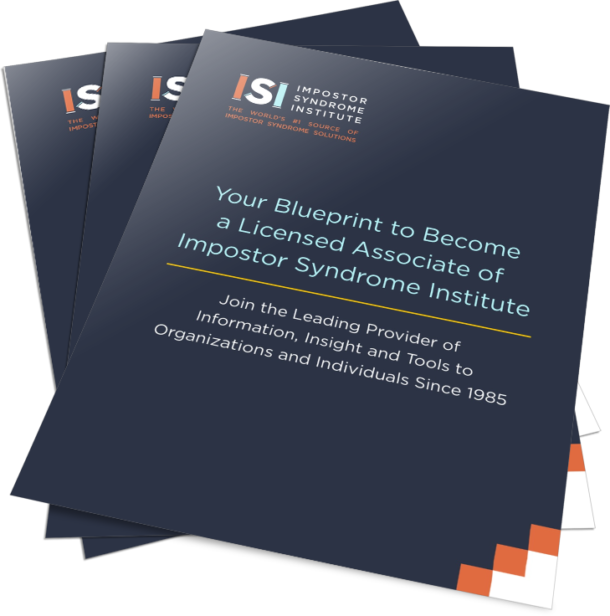
From “Incompetent Fraud” to Humble Realist™
Discover the ONLY Effective Methodology for Dealing With Impostor Syndrome and Grow Your Practice as an Impostor Syndrome-Informed Coach™
Research finds up to 82% of people experience impostor syndrome — including many of your clients
They beat themselves up if things aren’t perfect, and one mistake in a presentation or report equals total and complete failure.
They need to “know everything” and do extensive research before they feel comfortable sharing an idea.
They refuse help because to them success “doesn’t count” unless they do everything on their own.
They hold themselves to an unrealistic standard, where things need to come quickly, easily, and effortlessly — like starting a new job.
They believe that they’ve somehow fooled people into thinking they are more intelligent, competent or qualified than they “really” are…
They attribute their accomplishments to external factors…
And they live in constant fear that they’ll be found out and called out.
If any of this sounds familiar from your clients (or even your own life)…
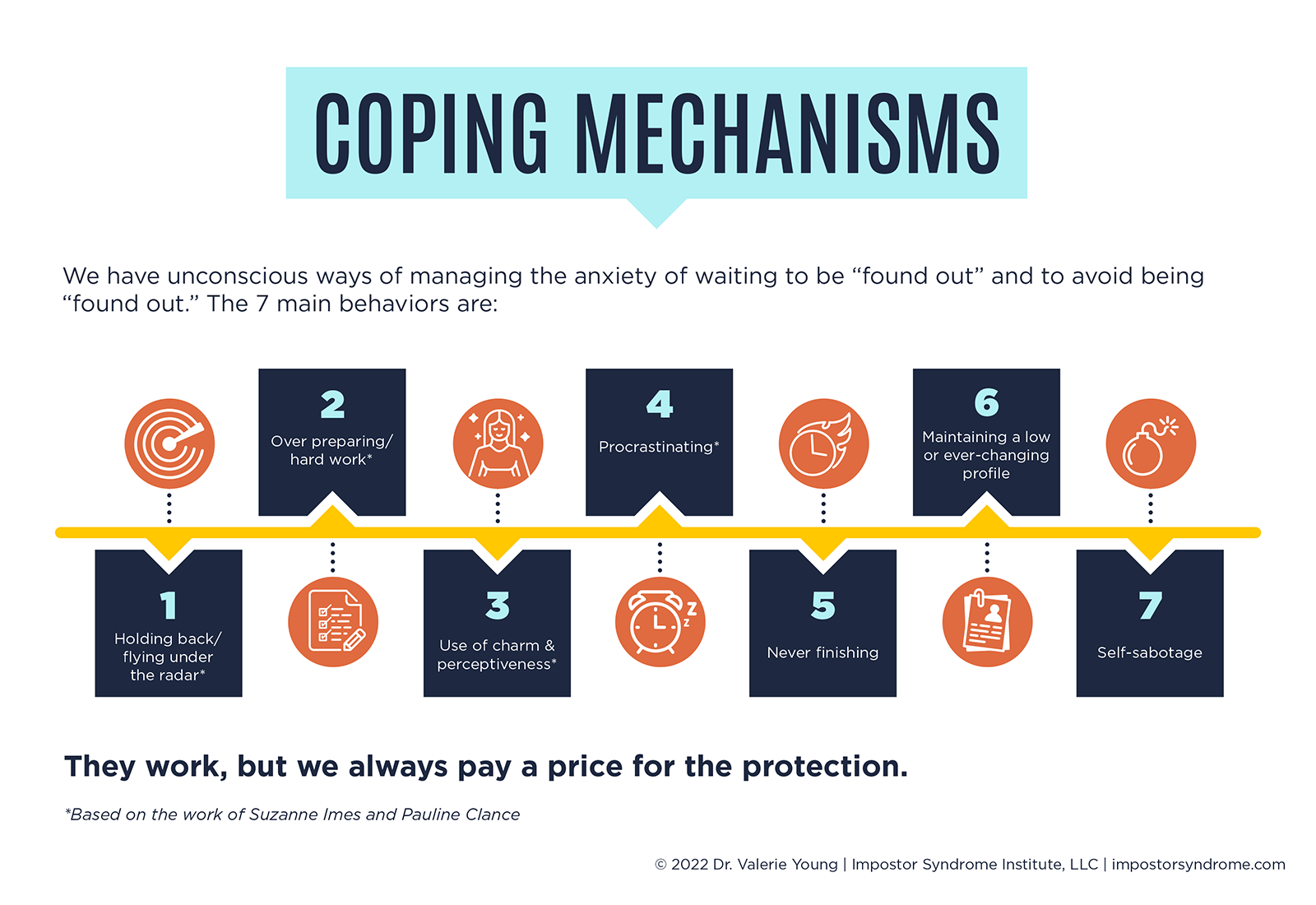
You might recognize this as impostor syndrome…and you’d be right!
Yet the tools you may instinctually draw on to coach your clients through these feelings and situations aren’t really moving the needle.
And as a coach, you don’t want to cross that line into therapy, solve their
core wound problem, or dig into their childhood.
It also won’t help to:
Have them make a list of their accomplishments (that can actually slow down their progress and increase impostor feelings)
Encourage them to name, befriend, or reject their inner critic
Give them a “pep talk” (if all it took were some encouragement, impostor syndrome would have been resolved a long time ago.)
Put a positive spin on it by calling it their “Superpower”
And yet so many coaches are addressing impostor syndrome in these ways that simply don’t work, and often make the problem worse.
Because impostor syndrome is unique.
While it shares similarities with perfectionism, low self-esteem, or anxiety, someone can have perfectly normal self-esteem and STILL have impostor syndrome.
Which means that most of your instincts to help — won’t solve it.
And that’s frustrating — both for you, because you care about your clients’ success, and for the clients themselves — who may have been dealing with
these feelings for years.
Not to mention the organizations, universities, companies who won’t benefit from the brilliance and potential that your clients have been keeping hidden.
We’ve Been Studying Impostor Syndrome Since 1983
Valerie would go on to use her findings to create the first educational solution to impostor syndrome known today as Rethinking Impostor Syndrome™. That was in 1983.
Dr. Valerie Young

Valerie’s award-winning book, The Secret Thoughts of Successful Women: And Men: Why Capable People Suffer from Impostor Syndrome and How to Thrive In Spite of It, would go on to be published in seven languages – including Korean and Turkish.
Widely considered the world’s foremost thought leader on impostor syndrome, Dr. Valerie Young is uniquely qualified to help organizations, workshop facilitators, coaches, and individuals to neutralize impostor syndrome.
Afterall, for 40 years we’ve been on a mission to address the (avoidable) impact of impostor syndrome on individuals and organizations via Humble Realist™ thinking.
And the first step is recognizing that impostor syndrome requires a different approach than what the popular media and avalanche of “articles” will tell you.
Impostor syndrome is a multi-faceted topic.
And for your clients it’s also a highly nuanced experience.
All the more so for your clients of color, or who work or study internationally, or who are first-generation students/professionals, or who have a disability, and/or are female — especially those in male-dominated fields.
So What Do You Do Instead?
We don’t mean people whose belief in their knowledge and skills far exceeds their ACTUAL knowledge and skills.
And we aren’t referring to the proverbial “smartest guy in the room.”
The opposite of impostor syndrome is neither incompetence nor arrogance.
Instead we’re laser focused on understanding a minority within that minority who are genuinely humble… but have never experienced impostor feelings.
The person we call a “Humble Realist™.”
And the ability to shift from impostor thinking to Humble Realist thinking forms the basis of our unique coach training.
INTRODUCING…
The Impostor Syndrome-Informed Coach™
A transformational framework specifically tailored for executive, leadership, and career coaches to help your clients overcome impostor syndrome.
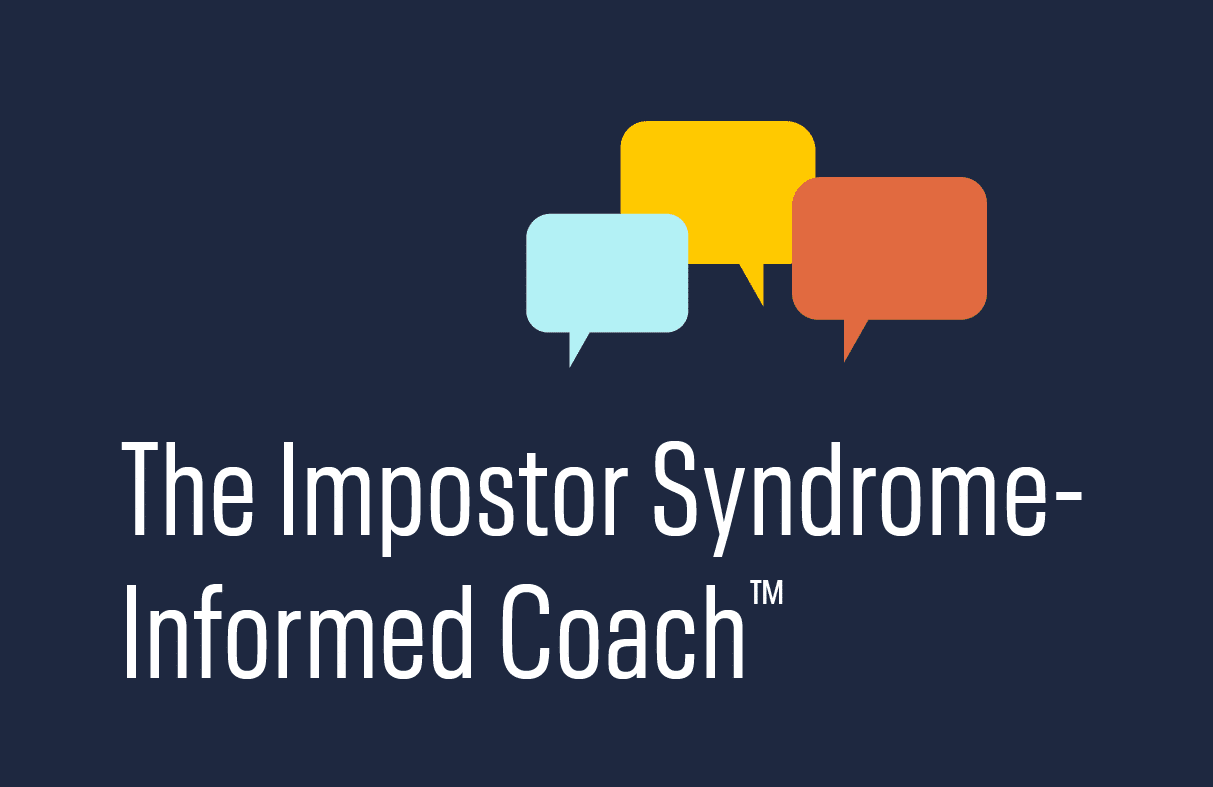
BASED ON FOUR DECADES OF WORK BY GLOBAL THOUGHT LEADER DR. VALERIE YOUNG
The methodology consists of a blend of evidence-based research, a coaching framework, and a diverse toolkit of practical, immediately-actionable tools to help your clients (and you!) close the confidence gap.
Led by Dr. Young and Denise McClennen, this training provides an in-depth understanding of impostor syndrome as well as relevant, actionable tools that have been used with a broad cross-section of people working in a wide range of occupations and levels.
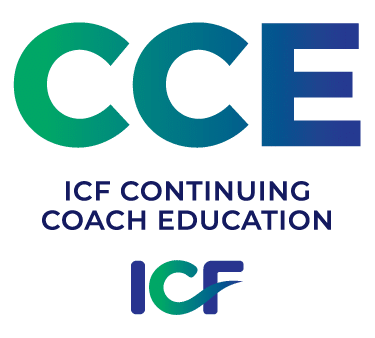
Earn 25 CCE
Gain Deeper Insight
- Accurate Identification: Learn to accurately identify impostor syndrome and its nuanced manifestations in high achievers.
- Contextual Understanding: Delve into the contextual factors driving impostor syndrome, including familial, occupational, and societal influences.
Elevate Your Coaching Practice
- Tailored Strategies: Acquire a sophisticated toolkit designed for professional clients, ensuring your coaching is both relevant and impactful.
- Client-Centric Approaches: Navigate the delicate balance of addressing impostor syndrome without overshadowing the unique needs of each high-achieving individual.
Foster Personal & Professional Growth
- New Levels of Confidence: Close the confidence gap not only for your clients but also for yourself. Navigate the challenges of coaching highly successful individuals with greater certainty.
- Effectiveness and Expertise: Position yourself as the go-to expert in coaching high achievers through the nuances of impostor syndrome.
PROGRAM OVERVIEW
This 25-hour, four (4) week blended learning program involves three (3) learning modalities:
LIVE ONLINE
Group Sessions
ON-DEMAND
Pre- & Post- Lessons
PEER PRACTICE
Coaching Triads
LIVE ONLINE Sessions
Each of the four (4) live sessions is highly interactive and includes lecture, discussion, break outs, videos, and practice.
Recordings are available for participants who are unable to join us live.
You may choose to participate in either our Summer or Fall program.
SUMMER PROGRAM:
10am-1pm EDT
June 4
June 11
June 18
June 25
FALL PROGRAM:
10am-1pm EST
Sept 18
Sept 25
Oct 2
Oct 9
ON-DEMAND LESSONS
You’ll also get 11 hours of ON-DEMAND asynchronous pre-and post-session self-study with scheduled deadlines.
Students will log into the Coach Training Portal (Thinkific) each week to access and complete pre- and post- session work as it is assigned.
Activities include:
Viewing presentation videos
PEER PRACTICE Coaching TRIADS
Self-directed peer coaching practice groups will be assigned at the start of the course out of the cohort of participants.
Each group will meet independently three (3) times for a total of five (5) hours and fifteen (15) minutes, to practice imposter syndrome coaching outside of class to increase the transfer of learning.
Groups will self-organize to meet as follows:
- 1 practice session x 1 hour, 15 minutes between LIVE Sessions One and Two
- 1 practice sessions x 2 hours, 15 minutes between LIVE Sessions Two and Three
- 1 practice session x 1 hour, 15 minutes between LIVE Sessions Three and Four
Participants will receive a guide for their peer coaching practice group to follow for each of the three (3) independent practice sessions.
Participants will also submit a reflective journal of their learning experience, at the completion of each.
How will peer coaching practice groups be assigned?
At the start of the training program, participants will be surveyed for their best time of day to meet outside of class and will be matched with peers based on similar times of availability.
Is peer coaching practice required?
Participation in the self-directed peer coaching practice is only a requirement of the training course if you want The Impostor Syndrome-Informed Coach™ badge and/or ICF Letter of Completion. Each participant’s commitment to meeting with their assigned peer group is important to each person’s development journey.
LEARNING OBJECTIVES
WEEK 1
DEEPLY UNDERSTAND
IMPOSTOR SYNDROME
- Gain accurate information regarding the originators of the term “impostor phenomenon” as well as the researchers of color who preceded them
- Situational, familial, occupational, societal/DEI, and organizational/ workplace sources of impostor feelings
- Deep dive into the core source of impostor syndrome including Young’s pioneering discovery of the 5 Types of Imposter Syndrome
WEEK 2
THE IMPOSTOR SYNDROME-INFORMED COACH™ FOUNDATIONS
- Explore your own relationship with Impostor Syndrome and the assets and barriers it creates in your work with clients
- Listening for Impostor Syndrome with your clients
- Introduction to tools and strategies to help clients normalize impostor syndrome
WEEK 3
COACHING TOOLS
AND PRACTICES
- Introduction to immediately usable tools to help clients navigate normalizing, reframing and growing
- Practice using tools and get immediate peer feedback
- Explore the application of the tools for use with your clients
WEEK 4
INTEGRATE INTO
YOUR PRACTICE
- Explore the ways you can help your clients restructure their thinking habits and develop healthy confidence as a practice
- Rethinking Impostor Syndrome™ as a developmental strategy
- Q&A with Dr. Valerie Young

I’m pleased that the training completely exceeded my expectations. It went above and beyond in several specific ways:
Comprehensive Content: The training provided a comprehensive overview of coaching techniques, strategies, and tools. It covered a wide range of topics, ensuring that I gained a well-rounded understanding of coaching.
Practical Tools: I found the practical tools and frameworks shared in the training to be highly valuable. These tools were immediately applicable to my coaching practice, enabling me to work effectively with clients.
Experienced Instructors: The instructors were experienced and knowledgeable in the field of coaching, which enriched the quality of the training. Their insights and real-world examples were invaluable.
Interactive Learning: The training offered an interactive learning experience with opportunities for hands-on practice and application. This made the content more engaging and memorable.
Peer Interaction: Interacting with fellow participants and sharing experiences and perspectives provided a broader view of coaching and allowed me to learn from others.
Brittney Ashley, Business Coach, Victoria BC, Canada
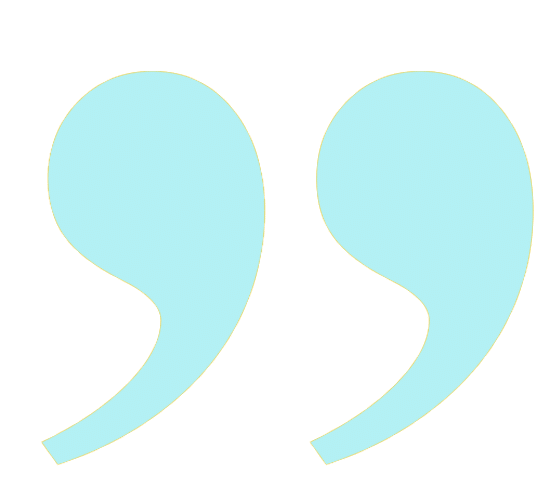
The bottom line is as an Impostor Syndrome-Informed Coach™ you gain the confidence, expertise, and credibility to not only be highly effective in your coaching practice but to become the “go-to” person on this topic.
Participants who complete this entire training will receive an Impostor Syndrome Institute™ Impostor Syndrome-Informed Coach™ digital badge and letter of completion.
Students who are pursuing an Impostor Syndrome Institute™ Impostor Syndrome-Informed Coach™ letter of completion* and badge will be required within 30 days of your last day of training to:
- watch any missed live session recordings
- complete all outside assignments such as journal assignments and quizzes
- participate in one (1) 1 hour, 30 minute and one (1) 2 hour, 15 minute peer imposter syndrome coaching practice sessions (details below) outside of live training

WHAT YOU CAN EXPECT TO GET FROM THIS TRAINING
The Impostor Syndrome-Informed Coach™ is designed to provide support and educate executive coaches with the information, insight, and tools you need to effectively support current and prospective clients.
Based on our four decades experience, becoming impostor syndrome-informed means the ability for you to:
what COACHES SAY ABOUT THE IMPOSTOR SYNDROME-INFORMED COACH™ TRAINING
Our mission at Impostor Syndrome Institute™ is to address the (avoidable) impact of impostor syndrome on individuals and organizations. Training coaches to become Impostor Syndrome-Informed is an important part of our mission — so we want to get it right!
Here’s a sample of what previous trainees have said about their experience with this training program:

A must-attend
The program combines theoretical knowledge, evidence-based strategies, and hands-on practical tools to give participants a well-rounded understanding. Not only do you get to delve deep into recognizing and addressing feelings of inadequacy in professional settings, but with Dr. Young’s guidance, it feels particularly enlightening. If you’re seeking both a holistic view of Impostor Syndrome and actionable strategies to tackle it, this training, especially with Dr. Young’s contributions, is a must-attend.
Terri Williams, Executive and Leadership Coach, Virginia
A practical framework and loads of tools
It’s a very high level training that both give you all the scientific knowledge you need as a coach to understand impostor phenomenon, and a practical framework and loads of tools and opportunities for experimenting to help people to rethink their impostor feelings.
Robin Keeris, Coach/Facilitator, The Netherlands


Surpassed my expectations by leaps and bounds
It provides all of the information and tools you need to effectively and confidently work with clients that have imposter feelings. Dr. Young generously shares her 40 years of dedicated research and experience so that you become an expert on the topic as well. The program then integrates coaching skills, tools and concepts so that you complete the program not only as an expert on the topic but with world class tools to support your client’s recovery from IS.
Michael Tertes, Purpose and Leadership Coach, California
A vetted, evidence-based program
As a leadership educator, consultant and coach, I seek programs, strategies, and methodologies that are grounded in research and evidence. What drew me to, and makes me a fan of Dr. Valerie Young’s program is that it is based on academic research and over the years has provided individuals across industries and sectors the tools they need to transform their lives.
The training gives coaches straightforward, actionable tools to use with clients that help them normalize imposter syndrome and to recognize the coping behaviors they use in response to the imposter feelings. It covers the behaviors and coping mechanisms people who describe having imposter syndrome use, providing coaches with a methodology that is evidence based and proven over time.
Dr. Viviane S. Lopuch, Leadership Development, Executive Coaching, Washington
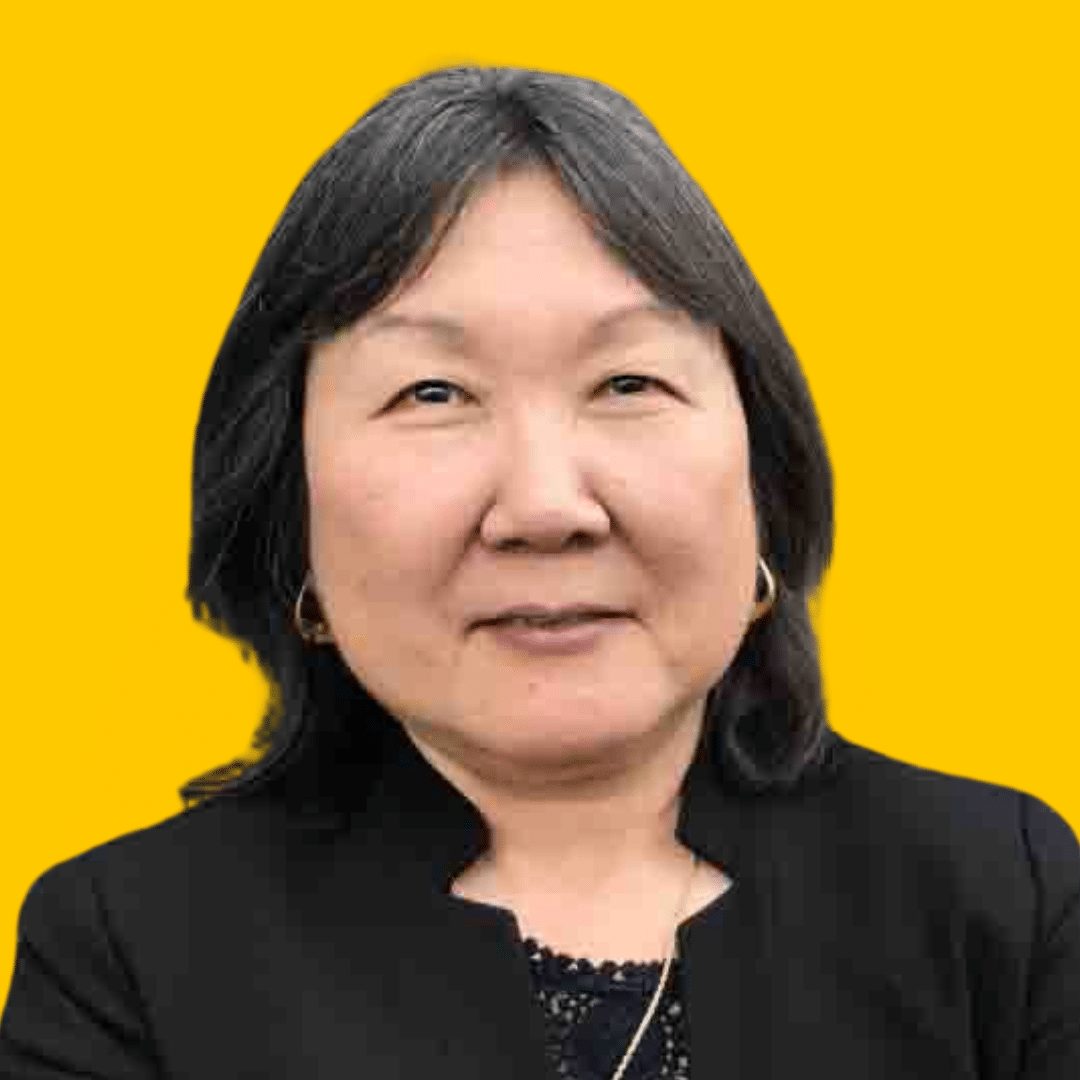

Practical and designed for actual use
The training significantly exceeded my expectations–I feel like I in fact have a MUCH stronger and more nuanced definition of what Impostor Syndrome is and is not; I have a grounding not only in the research but also the current popular conversation about it; I have extremely actionable coaching tools that I can put into my practice IMMEDIATELY. This training is well constructed, provides tons of context, and has shifted the way I think about competence and confidence.
Marie Szuts, Executive Coach and Consultant, California
A big value both professionally and personally
This was both a big value for me professionally, but also personally. I came here thinking I’d overcome my impostor feelings. But during those coaching sessions, it was like ‘oh this small part of me still thinks like that.’ So thank you very much for this wonderful practice together.
Lāsma Poļikeviča, Personal Development Coach, Latvia

Feel more powerful than ever in my mission


Able to immediately apply the learning
The hands-on, practical nature of the training made the concepts come alive and allowed me to immediately apply what I was learning. The fast-paced, intense training kept me engaged and challenged me to stay focused. The brilliance of the instructors in explaining complex ideas simply and clearly was outstanding. I would highly recommend the Impostor Syndrome Informed Coach training to any coach looking to advance their coaching skills to help their clients address such a nuanced and complex topic.
Cindy Montgenie, Modern Executive Performance Accelerator, Florida

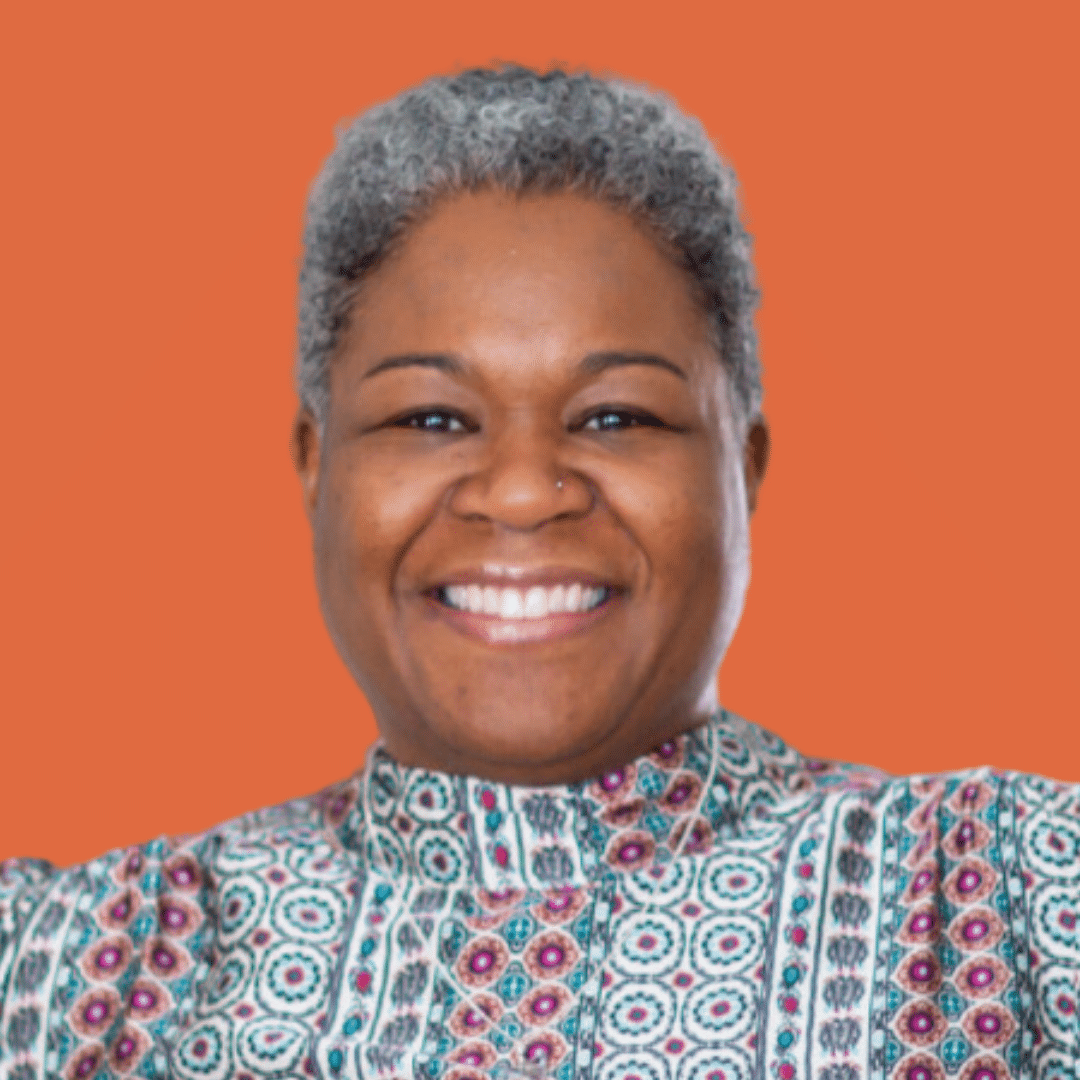
Really organized!
I came in after a very relaxing vacation when I started this program and I was like, ‘oh my gosh, what am I getting myself into?’ Then I came in and was like, ‘oh my gosh, this is really organized!
Dr. Erica Bell, Coach/CEO, Illinois
Tools that can be applied straight away
Mind-blowing and brilliant tools that can be applied straight away with clients. All reference materials (articles, videos, etc.) are brilliant resources! My expectations were high but you obviously didn’t disappoint 🙂
Estelle Bailly, Career & Life Coach, UK

Treasure trove of coaching methods and tools



A game-changer
An investment well worth the time and money. It provided far more value than I initially anticipated, offering a deep and comprehensive understanding of Impostor Syndrome and equipping me with effective coaching strategies. It’s a transformative experience that can significantly enhance our ability to support clients facing this all too common challenge.
Karen Boskemper, ICF Master Certified Coach, Virginia
Very thorough
Not only do you gain better insight into impostor syndrome but you are provided with practical hands on tools you can start using tomorrow to support your coaching clients. Loved everything about the training.
Heather Thomson, Executive and Leadership Coach, Canada


Went beyond my expectations
It not only met my expectations but went beyond them. I could not even dreamt about having not only a profound understanding of the IP [intellectual property], but also to have amazing tools that I can use in my coaching practice. The big eye-opener was that competence (or the distortion thereof) goes hand in hand with confidence.
Irina Sergeeva, PCC, Corporate Coach and Trainer, Mexico
Didn’t think it would be so practical
My expectations were all already met in the first session. I expected to get an overview of the theory and the solution to imposter syndrome and the first sessions was all that! I did not expect to get so many tools and so much value in the peer sessions and the q&a.
Thank you so much. This was one of the best courses I signed up for ever! And the time difference and English not being my first language did not matter at all. It exceeded my expectations because I didn’t think it would be so practical. Ready to use tools as well.
Anuroopa Kataria, Career Coach, The Netherlands


Not just research or theory
A thorough and comprehensive training that prepares coaches to support clients with impostor feelings. It’s not just absorbing research or theory, it’s about putting practices into place so we can confidently have them in our tool box.
Tara Whitney, Executive Coach, Speaker, Author, New Hampshire
Already resulted in significant strides in my business
It was very natural, very refreshing to experience peer coaching practice sessions with completely new people. My breakthroughs have already resulted in significant strides in my business.
Crystal Agyei, Leadership Coach, Pennsylvania

I WANT TO BE AN IMPOSTOR SYNDROME-INFORMED COACH™
JUST six (6) monthly payments of $577
or $2997 when you pre-pay in full
Tuesdays, June 4-21
Wednesdays, Sept 18-Oct 9
Inquire about sending 5+ people from your organization.
Your Instructors
Dr. Valerie Young
Global thought leader Dr. Valerie Young is uniquely qualified to help organizations, workshop facilitators, coaches, and individuals to address stamp out impostor syndrome.
Since 1982, she has delivered her Rethinking Impostor Syndrome™ program to hundreds of major corporations and universities around the world.
Research Coupled With Extensive Real-World Experience
Unlike psychologists and academics who choose students as their research subjects and offer largely therapeutic solutions to impostor feelings, Valerie studied professional women — a majority of color — and used her findings to create educational solutions to impostor syndrome.
Taking impostor feelings out of the realm of therapy and creating educational solutions has proven tremendously effective. She’s been invited to speak at diverse organizations, including Google, Pfizer, Microsoft, NASA, HelloFresh, Moody’s, and JP Morgan, as well as more than 100 universities.
Early Pioneer of Diversity, Equity & Inclusion TRAINING
Working with Founding Director and professor Dr. Bailey Jackson, Valerie was on the forefront of helping create what only decades later would become the early forerunner of today’s diversity training.
Her commitment to addressing the intersection between impostor syndrome and DEI continues to set Valerie and her solutions apart today.
First to Recognize Organizational Causes — and Costs of Impostor Syndrome
Researchers — most of whom are themselves psychologists — have framed impostor phenomenon primarily in individual terms.
Once again, Valerie broke new ground with her 1986 cover Executive Female magazine cover article on the organizational causes — and costs — of impostor syndrome.
Valerie is a mapmaker. Providing guidelines for discovering our individual penchants for making unsound judgments about our competence and for dealing with inevitable failures, mistakes, and criticisms. I recommend her book to all my clients and students who suffer with impostor feelings.
– Suzanne Imes, PHD, Co-Discoverer of Impostor Phenomenon
Denise mcclennen
Denise believes people are the foremost experts on themselves. Every person has the potential to solve their own dilemmas, create a roadmap for their own lives and make a unique contribution to the world in some amazing way. Whether it’s in a coaching session or a workshop, she loves facilitating people toward that magical ah-ha! moment of insight.
Her professional career titles have ranged from Executive Coach, Chief Learning Officer in the financial services industry, Author and Facilitation Lead, and Professor.
Thought Design
With over two decades of executive leadership, consulting, training, speaking and coaching experience, Denise is a frequent keynote speaker at national conventions, corporate and academic learning events and retreats. In addition to her role as Senior Associate at Impostor Syndrome Institute™, she holds certifications with Tilt365 Positive Influence Predictor, NeuroLeadership Institute (Certified Coach), Enneagram (Train-the-Trainer), LifePlanning ™ process, Tom Paterson StratOp process, E-Learning Instructional Design (USC Irvine), DiSC, Conscious Leadership Coach, Cynefin Foundations, The Neuroscience Academy certification, Growth Edge Coaching/Growth Edge Network, and Bar-On Emotional Intelligence Assessment.
She has served on boards with Growth Edge Network, Habitat for Humanity, Kent District Library System, City of Grand Rapids Advisory Board, and Pregnancy Resource Center. Denise has been a Member at The American Society for Training and Development (ASTD) since 2001 and also with The NeuroLeadership Institute.
Denise established Thought Design in Grand Rapid, Michigan in 2013 to allow her to create and curate the physical environment for her high-performance thinking programs. Thought Design is the culmination of a lifetime of constant experimentation and discovery related to learning. Using the most current brain research to design learning experiences that can REALLY transform people and teams, she knows that organizations, teams, and the people that inhabit them can truly thrive if they are learning together as a lifestyle.
Denise and her husband split their time between their home in Rockford, Michigan, their houseboat in Douglas, Michigan, and a home in Punta Gorda, Florida, gravitating towards the best weather for each of the seasons. In addition to her professional career, she is a mother to five adults, and grandmother to seven growing-so-fast kids, who also help her decide where she spends her free time.
I WANT TO BE AN IMPOSTOR SYNDROME-INFORMED COACH™
JUST six (6) monthly payments of $577
or $2997 when you pre-pay in full
Tuesdays, June 4-21
Wednesdays, Sept 18-Oct 9
Inquire about sending 5+ people from your organization.
FAQs
How can I possibly coach others when I experience impostor syndrome myself?
A 2022 Impostor Syndrome Institute™ poll found 90% of coaches self-identified either now have or previously experienced impostor syndrome themselves.
And like you, 82% wondered how they could possibly help others when they still experience impostor feelings themselves.
To answer your question…
- the fact that you can identify with your client’s experience on a deep personal level isn’t a weakness, it’s a strength.
- previous students consistently report that while they signed up to help others, they overcame their own impostor feelings in the process.
And when it comes to coaching – and indeed, life, confidence matters.
What if I can’t attend all of the live online sessions? Will there be recordings?
Previous attendees have joined live sessions from multiple time zones including the western zones of the US and Canada, the UK, and Europe.
Being there live is always preferable.
However, location or scheduling conflicts means not everyone can attend live.
For that reason all the live sessions will be recorded and available within a few hours.
That way you can catch up based on your own schedule and at your own pace.
Plus we know everyone needs a refresher now and then.
So as an additional benefit, you can access all of the recordings for a full year.
That way you can brush up on key concepts any time.
Is this a certification?
Impostor Syndrome Institute™ was not set up to be a certifying body that tests for comprehension or evaluates skills.
So while you will not be “certified,” you will be credentialed.
Once you successfully complete the course you will be issued a badge from Impostor Syndrome Institute™ that designates you as an impostor syndrome-informed coach.
In addition, this course is pending approval from the International Coaching Federation (ICF). If approved, you may opt to receive a letter of completion for 16 Core Competencies and 9 Resource Development Continuing Coaching Education (CCE) hours from ICF.
What do I need to do to receive credentials from Impostor Syndrome Institute™ or ICF?
To receive The Impostor Syndrome-Informed Coach™ badge and/or IFC-required letter of completion, you must complete the following steps:
-
attend live or watch any missed live session recordings
-
complete all outside assignments such as journal assignments and quizzes
-
participate in three (3) peer coaching practice sessions (two @ 90-minutes and one @ 2 hours, 15 minutes) outside of live training
You have until November 17, 2023 so you’ll have plenty of time.
If you do not need a badge or letter of completion, you can complete as much or as little of the training as you wish.
How is this training different from your Licensing for Speakers?
Many speakers are also coaches.
Of these, some use speaking as a way to attract new clients.
However, not all coaches are speakers – or want to be.
For those who do…
Impostor Syndrome Institute™ Speaker Licensing grants professionals a license to deliver our proven Rethinking Impostor Syndrome™ keynote and/or interactive workshop.
In addition to in-depth training, attendees receive a full Impostor Syndrome Institute-branded slide deck, step-by-step facilitator manual, answers to audience FAQs, handouts, marketing, and other tools to start or grow a speaking business on the topic of impostor syndrome.
The speaker training involves an initial training fee and an annual license renewal fee.
Both the speaker and coach training provide a foundational understanding of what impostor syndrome is – and is not – where it comes from, how it shows up in the form of behaviors, and solutions.
However, The Impostor Syndrome-Informed Coach™ is specifically to train individuals who provide 1-1 or small group coaching.
Moreover, coach training provides in-depth knowledge of relevant research in the fields of psychology, medicine, and business, the “thoughtware” behind our coaching approach, specific coaching modalities, and the opportunity to practice using these with other students.
I can’t decide whether to take the Speaker or Coach training – any advice?
There is no one size fits all answer here.
Some speakers take the coach program because they’re looking for additional confidence, skills, and credentials to fill their coaching practice.
Some coaches who’ve always wanted to add speaking to the mix, decide to also become a Rethinking Impostor Syndrome™ Licensed Associate.
Is there any ongoing support following the training?
Many past students want to maintain the often strong personal and professional connections they made during the training.
If you’re someone who thrives in a community setting, you will be invited to join a private Impostor Syndrome-Informed Coach™ LinkedIn group set up specifically for graduates.
This is your go-to place to connect with fellow coaches for additional practice sessions, share articles and resources, and continue to get and give support alongside professionals who share your passion for helping clients unlearn impostor syndrome. #goteam
I have a deep interest in this topic, but don’t have any formal coaching training. Can I still sign up?
You do not need to be a certified coach practitioner to attend.
Obviously you need some kind of informal or professional experience working with people 1-1.
But you can still join us even if you have no coaching certification or training.
In addition to executive leadership coaches, previous attendees have included career counselors, academic advisors, STEM mentors, and HR or DEI consultants.
The common denominator is the desire to help individuals who either struggle with or are known to be in an occupation, organizational culture, or social group that makes them more susceptible to impostor feelings.
That said, although you will leave with advanced education and practice relative to impostor syndrome, this is not a course on how to be a coach or on basic coaching skills.
What does it mean for me to be “impostor syndrome-informed?”
This training is designed to provide support and educate executive coaches with the information, insight, and tools they need to effectively help current and prospective clients.
Based on our four decades experience, becoming impostor syndrome informed means the ability for you to:
- Accurately identify impostor syndrome and separate it from normal performance anxiety
- Determine whether achievement hesitation is rooted primarily in impostor feelings or in concerns related to being other-directed or embracing a more layered definition of success
- Understand the difference between impostor syndrome and low self-esteem
- Know and be able to contextualize the seven (7) potential sources of impostor syndrome for your clients
- Recognize largely unconscious behaviors associated with impostor syndrome including how these behaviors serve your client and at what cost
- Draw upon practical and immediately usable tools your clients can use to that help them feel as bright and capable as they really are
- Gain valuable insight into how your own impostor thoughts, feelings, and behaviors may be holding you and your career back
*If you are an employee of a corporation, association, non-profit or university, please click here use to start a conversation about our solutions for teams and organizations.
I WANT TO BE AN IMPOSTOR SYNDROME-INFORMED COACH™
JUST six (6) monthly payments of $577
or $2997 when you pre-pay in full
Tuesdays, June 4-21
Wednesdays, Sept 18-Oct 9
Inquire about sending 5+ people from your organization.
Everyone loses when bright people play small
Sadly, impostor syndrome causes far too many fully capable people to forego their dreams.
Deep down you know it really is possible to help others (or yourself) to make the leap from feeling like an incompetent fraud to being what Dr. Young calls, a Humble Realist™.
All you need is someone to show you how.
If making a difference — and being paid to do it — matters to you, this is your chance to become an Impostor Syndrome-Informed Coach™ .
I WANT TO BE AN IMPOSTOR SYNDROME-INFORMED COACH™
JUST six (6) monthly payments of $577
or $2997 when you pre-pay in full
Tuesdays, June 4-21
Wednesdays, Sept 18-Oct 9
Inquire about sending 5+ people from your organization.

